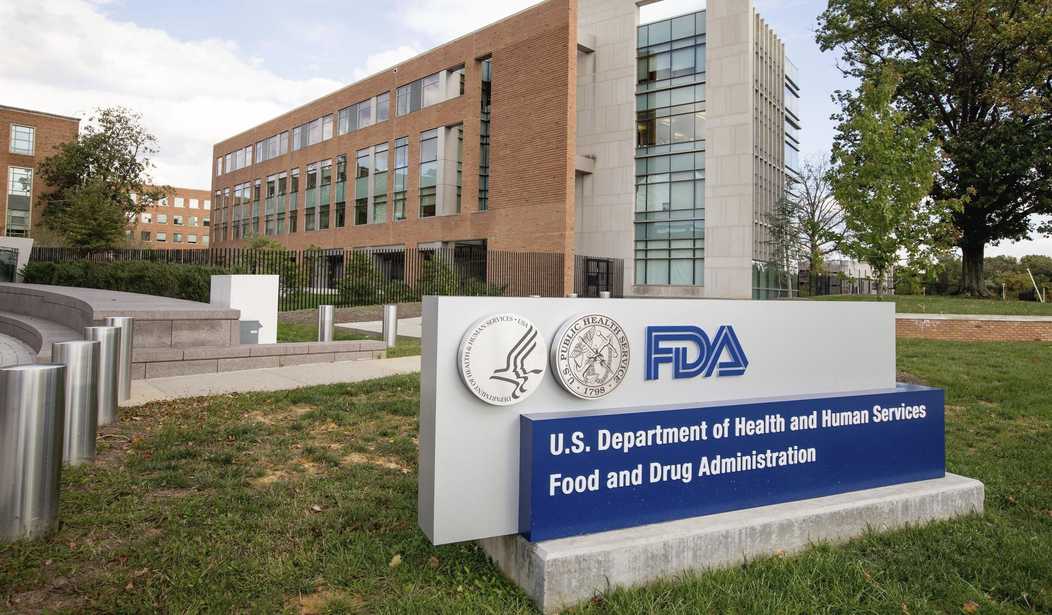Since 9/11/2001, this country has fought two major wars with, combined, almost 30 years of combat operations involving hundreds of thousands of American men and women. And yet it's been 25 years — going all the way back to 1999 — since the last time members of a Food and Drug Administration advisory panel even bothered to discuss permitting research into new treatments for Post-Traumatic Stress Disorder (PTSD).
Our vets will have to wait even longer, it seems, but I'll get to that momentarily.
The New York Times reported Tuesday that "Roughly six percent of the American population will develop PTSD at some point in their lives. Only a fraction of those patients currently recover." That's according to the FDA's Dr. Tiffany R. Farchione.
Last month I wrote a column for our VIP supporters detailing a Lykos Therapeutics request for FDA permission to study MDMA-assisted therapy for people suffering from post-traumatic stress disorder (PTSD), mostly veterans. MDMA is the illegal psychedelic drug commonly known as ecstasy or molly.
While MDMA is not a cure-all for PTSD, multiple small studies have shown that the way it works on the brain and mood can have genuine, clinical (let me stress that word some more) benefits for those enduring PTSD.
MDMA creates a mood of talkative euphoria that allows people like combat vets to openly discuss their experiences with licensed therapists but without re-experiencing the horrors of war. The drug doesn't seem to interfere with memory or make people dangerously irrational. It does, however, increase blood pressure and heart rates, and temporarily diminishes the brain's supply of serotonin and norepinephrine.
Those negative side effects are a genuine concern and a solid reason for keeping any studies into its use purely clinical.
In the most recent study I could find, in May, 104 participants, all suffering "from moderate or severe PTSD," were given MDMA along with their psychotherapy sessions. They were "about twice as likely to recover from their trauma as those who took a placebo."
Recommended: Newspaper Publishes Most Obvious Thing Ever, Everybody Goes Bat-Guano Crazy
"By the end of the 18-week trial period, 71.2% of the people in the MDMA-assisted therapy group no longer met the diagnostic criteria for PTSD, versus 47.6% of those in the therapy-plus-placebo group. MDMA produced no serious, adverse side effects."
That study was conducted in 2023. Earlier studies produced similar results.
Those results and others like them are worth further research, but approval has been too limited and taken too long, due to the FDA regulations. MDMA is a Schedule II controlled substance and should almost certainly stay that way. Nobody here — not Lykos Therapeutics, not PTSD sufferers, not me — is suggesting that MDMA be made street legal.
But Lykos did ask permission from the FDA's advisory panel this week to build on the earlier work of others, to find if the promise of MDMA for clinical PTSD treatment might be worth pursuing.
On Tuesday, the advisory panel voted against the Lykos proposal, "citing concerns about safety and issues in clinical trials."
The panel's decision is purely advisory and the FDA isn't bound by it. But it's been a quarter of a century since the last time the FDA even allowed a discussion on new PTSD treatments — and our vets deserve much better than that.










Join the conversation as a VIP Member